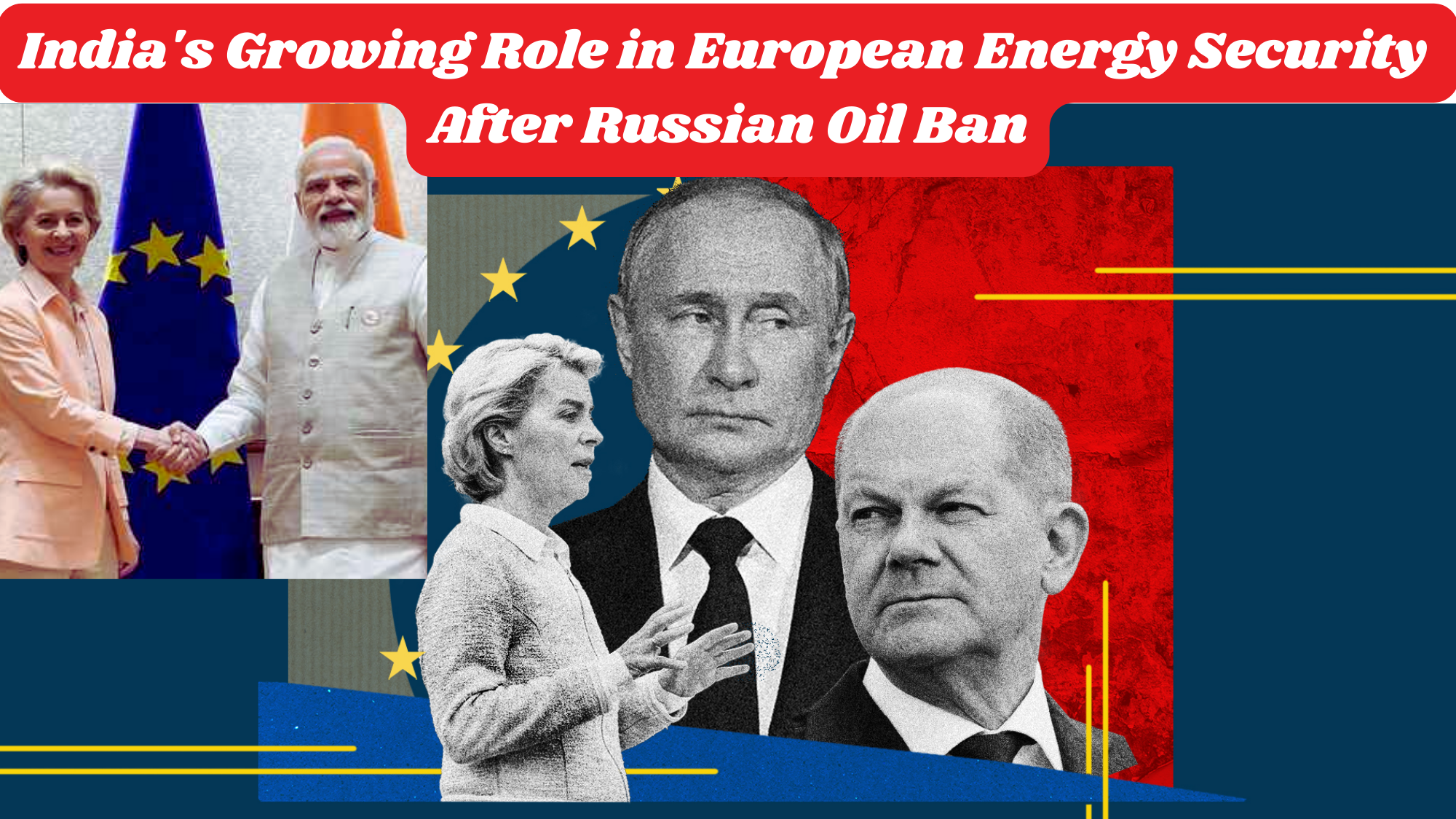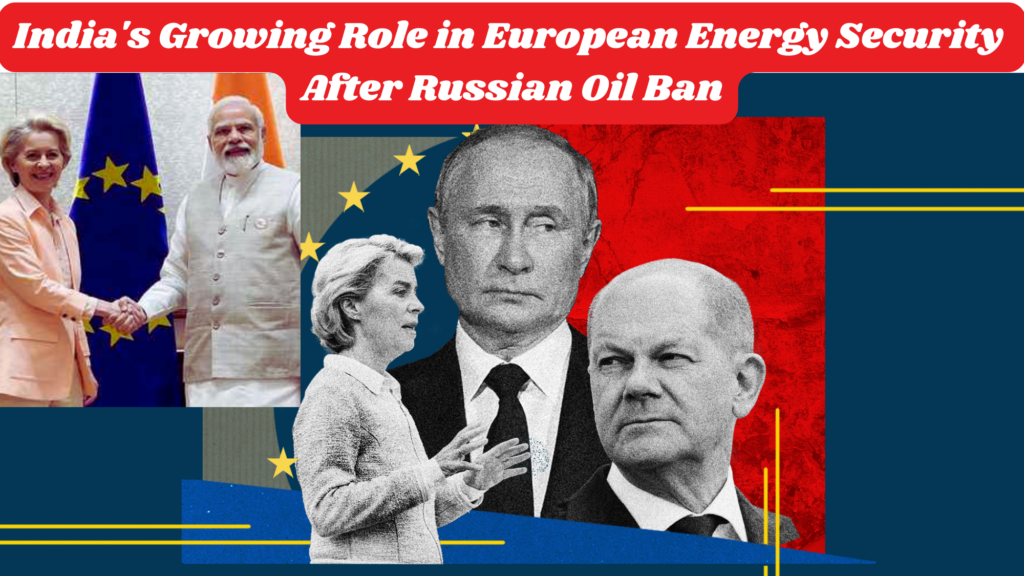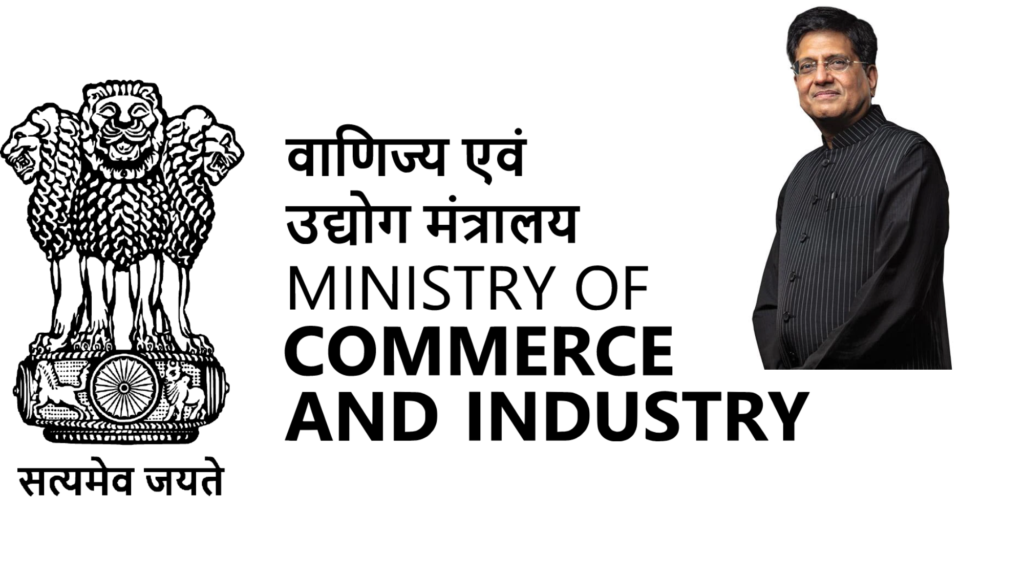

India’s Growing Role in European Energy Security After Russian Oil Ban
In December, the European Union imposed a ban on seaborne crude oil imports from Russia, which was extended to refined fuels two months later.
However, India found a way to exploit this ban by purchasing cheap Russian crude oil and processing it into fuels such as diesel, and then selling it back to Europe at a higher price.
Consequently, India has now become Europe’s largest supplier of refined fuels, while still buying record amounts of Russian crude oil.
Also read India’s export rises 14% to record $770 billion in FY23 (investonomic.co.in)

According to data from analytics firm Kpler, Europe’s reliance on Indian crude oil products has grown since the ban on Russian oil.
Europe’s refined fuel imports from India are set to surpass 360,000 barrels per day, surpassing those of Saudi Arabia.
However, this development is a double-edged sword for the European Union.
While it needs alternative sources of diesel now that it has cut off direct flows from Russia, it ultimately boosts demand for Moscow’s barrels, leading to extra freight costs. Furthermore, Europe’s oil refiners are now facing more competition as they cannot access cheap Russian crude.
Kpler data also shows that Russian crude oil arrivals in India are expected to exceed 2 million barrels per day in April, accounting for almost 44% of the nation’s overall oil imports.
This is despite concerns raised by the West regarding India’s imports from Russia during the Ukraine war. Nonetheless, India has taken a strong stand and said that it will explore all options to achieve energy security.
Do check; भारत का निर्यात 14% बढ़कर रिकॉर्ड $770 बिलियन होगया (investonomic.co.in)

In February, Russia was the largest exporter of crude oil to India by value, amounting to USD 3.35 billion, followed by Saudi Arabia at USD 2.30 billion and Iraq at USD 2.03 billion, according to data from the Union Ministry of Commerce and Industry.
The ban on Russian oil has pushed Europe to look for alternative sources of fuel, and India has stepped up to fill this gap.
However, it remains to be seen how this will affect Europe’s relationship with Russia in the long run.



